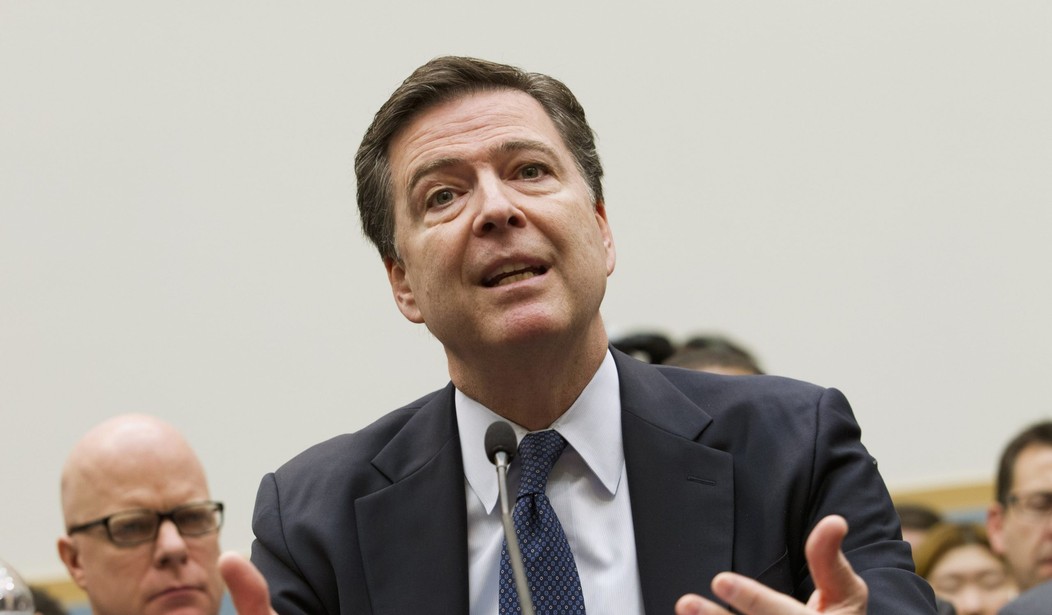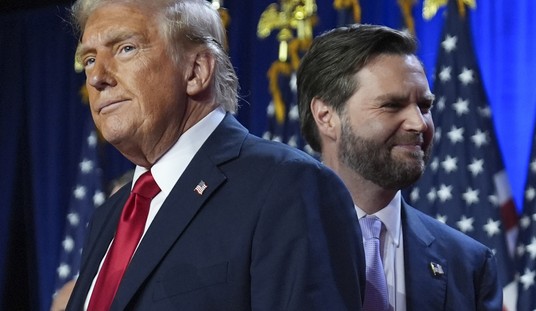Earlier this week, NPR’s David Greene spoke with former national security official Richard Clark:
GREENE: So if you were still inside the government right now as a counterterrorism official, could you have seen yourself being more sympathetic with the FBI in doing everything for you that it can to crack this case?
CLARKE: No, David. If I were in the job now, I would have simply told the FBI to call Fort Meade, the headquarters of the National Security Agency, and NSA would have solved this problem for them. They’re not as interested in solving the problem as they are in getting a legal precedent.
GREENE: Wow, that sounds like quite a charge. You’re suggesting they could have just gone to the NSA to crack this iPhone but they’re presenting this case because they want to set a precedent to be able to do it in the future?
CLARKE: Every expert I know believes that NSA could crack this phone. They want the precedent that the government can compel a computer device manufacturer to allow the government in.
And then there’s the legal angle from Susan Crawford, who’s served as President Obama’s Special Assistant for Science, Technology, and Innovation Policy.
Read:
When it comes to the specific battle going on right now between Apple and the FBI, the law is clear: twenty years ago, Congress passed a statute, the Communications Assistance for Law Enforcement Act (CALEA) that does not allow the government to tell manufacturers how to design or configure a phone or software used by that phone — including security software used by that phone.
CALEA was the subject of intense negotiation — a deal, in other words. The government won an extensive, specific list of wiretapping assistance requirements in connection with digital communications. But in exchange, in Section 1002 of that act, the Feds gave up authority to “require any specific design of equipment, facilities, services, features or system configurations” from any phone manufacturer. The government can’t require companies that build phones to come to it for clearance in advance of launching a new device. Nor can the authorities ask a manufacturer to design something new — like a back door — once that device is out.
Finally, there’s what Apple CEO Tim Cook had to say to Time magazine’s Nancy Gibbs and Lev Grossman:
The way that we simply see this is, if this All Writs Act can be used to force us to do something would make millions of people vulnerable, then you can begin to ask yourself, if that can happen, what else can happen? In the next senate you might say, well, maybe it should be a surveillance OS done. Maybe law enforcement would like the ability to turn on the camera on your Mac. But it wasn’t clear at all. Because if you read the All Writs Act, you can tell it was written over two hundred years ago. It’s a very open ended kind of thing that was clearly meant to fill in the crevices of laws that didn’t exist yet in the country. So we saw this slippery slope there.
I’d add that even under the broadly worded All Writs Act, judges may only issue writs which are “agreeable to the usages and principles of law.” And CALEA is quite clear that the government may not force Apple to do what the FBI and US magistrate Sheri Pym are demanding that Apple do.
This case is as clear-cut an example of government overreach — and demagoguery — as you’re likely to ever see.










Join the conversation as a VIP Member